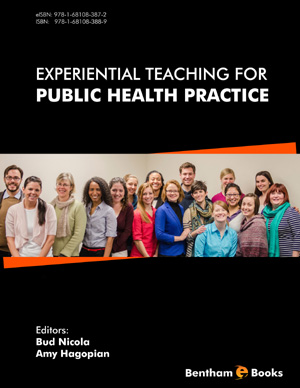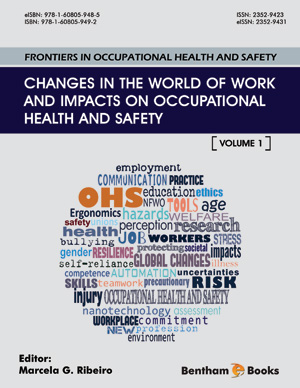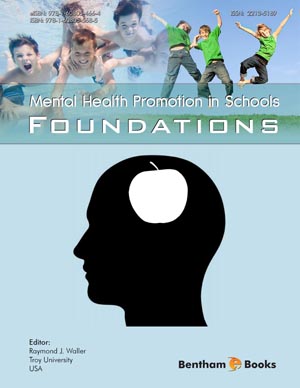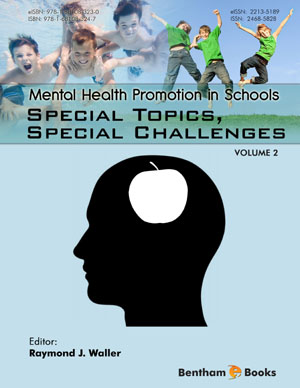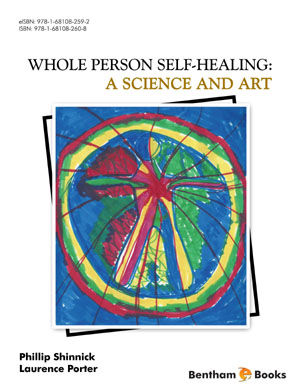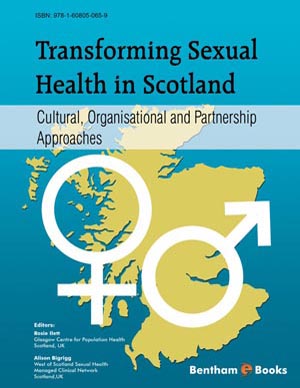Abstract
The Environmental Health block of the MPH in Community-Oriented Public Health Practice is designed to help students understand the environmental public health system and how it investigates and reduces community risks from agents that cause disease, injury, and death. The case studies primarily address the recognition of various hazards in the environmental and occupational setting; the theoretical construct for understanding the properties of these hazards; the exploration of the factors that can generate or diminish exposure and reduce disease incidence and severity, especially in vulnerable populations; and the importance of risk communication in addressing environmental issues. The cases ensure that students learn about local, state, and national laws and regulations promulgated to reduce exposure and disease from environmental factors and also how to mine these standards for gaps and incongruent policies. They focus on determining causal factors and mitigation approaches as they explore the politics and pressures of the environmental health challenge. We press students to search for inequities in exposure and disease risk such as evidence of institutional racism in high risk communities. This core prepares public health practitioners to work on community environmental health risks to reach fair resolutions and reduce adverse health outcomes.
Keywords: Built environments, Causality, Climate change, Environmental contamination, Environmental epidemiology, Environmental health, Environmental racism, Executive briefing, Exposure pathway, Exposure potential, Hazard analysis, Health disparities, Institutional racism, Protection standards, Regulations, Risk benefit analysis, Risk mitigation, Town hall meeting, Toxicology, Vulnerable populations.


